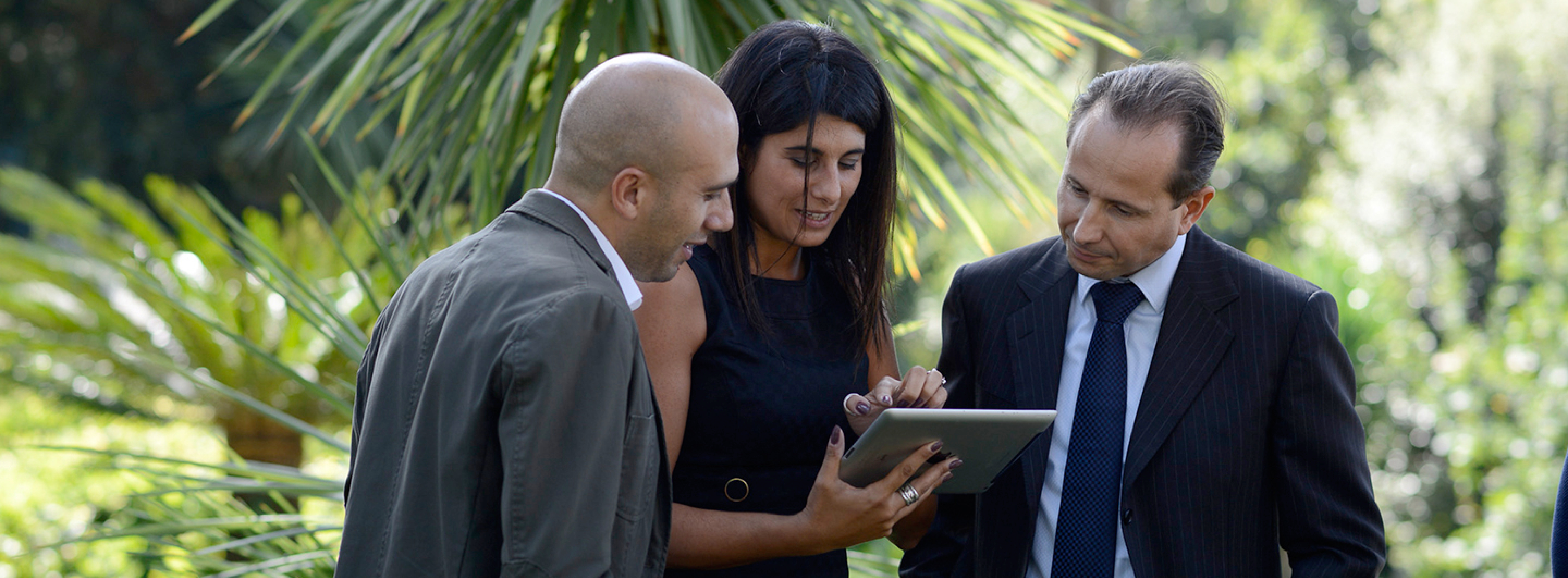CeSID – Center for Sustainability, Innovation, Digitalization
Sustainability, Inclusion and Digitalization themes are finding increasing resonance in Business Schools’ teaching and research worldwide.
In 2020, aware of the relevance of such issues, inside Luiss Business School was created CeSID, in order to develop and to add value to all the activities related to these topics.
CeSID is succeeding to ERShub, the former hub on Ethics, Responsibility and Sustainability founded in 2013 by professors Francesco Rullani and Luca Mongelli, in cooperation with the Department of Business and Management at Luiss Guido Carli University.
CeSID has not completely overturned ERShub activities: many activities are still ongoing, but many projects have undergone an evolution process, while many have been added, firmly maintaining the principles of spreading the awareness on ethics, responsibility, and of course, sustainability.
CeSID embraces concepts that are defined as follows:
- Sustainability: “In natural and economic sciences, it is a development condition suitable to ensure satisfaction of needs of current generation without compromising the chance for future ones to realize their own exigencies” (Source: Treccani Encyclopedia). As Competence Center focused on this issue, CeSID aims at enhancing studies and projects with Sustainability at center, making it a pillar of the activities and research developed by the Center itself. In this way it contributes to the development of a world caring about humanity, respect of planet, and powerful growth: People, Planet, Profit.
- Inclusion: this concept is tightly linked to ethics, sustainability, and responsibility, as well: nowadays, ideas, actions, projects, in order to be really inclusive, they must be necessarily respectful of diversity. This is also useful to understand sustainability not as a niche activity: everyone can be actor of the change and of the positive impact willing to be seen, observed, lived.
- Digitalization: if sustainably addressed, digitalization is definable as a process able to make people getting something unaffordable otherwise. Better explained, digitalization may have the noble aim of helping humanity to accelerate processes reducing the energy consuming, even keeping the importance of personal relationships, without replacing human abilities. Indeed, it must go hand in hand with Sustainability to be a concrete help for the improvement of life’s quality.














